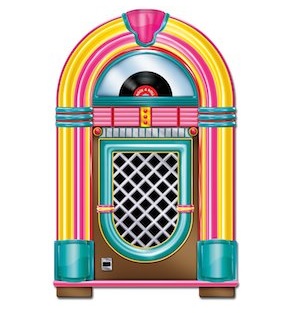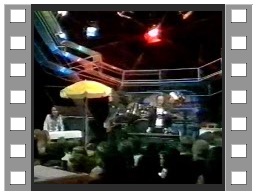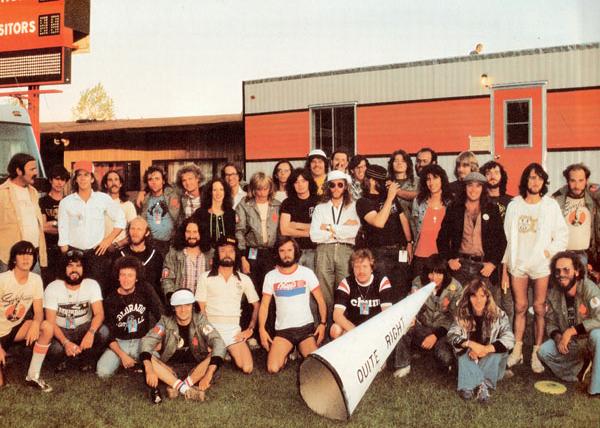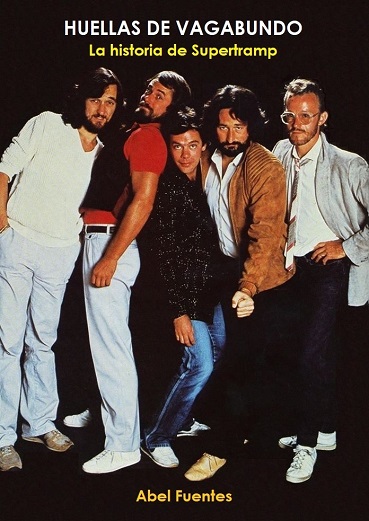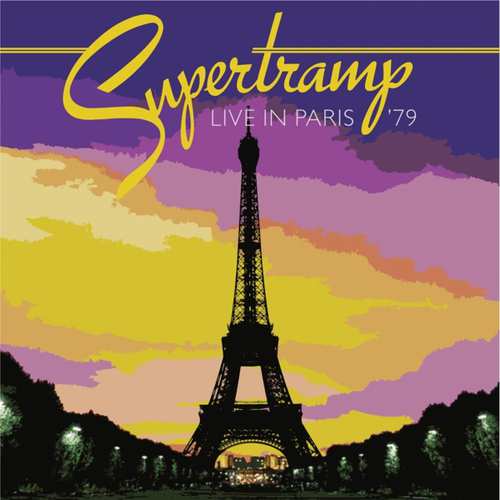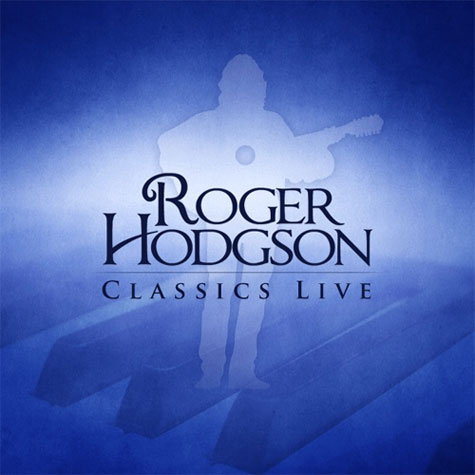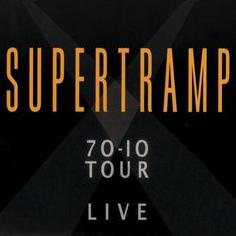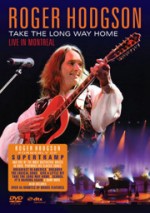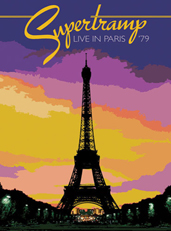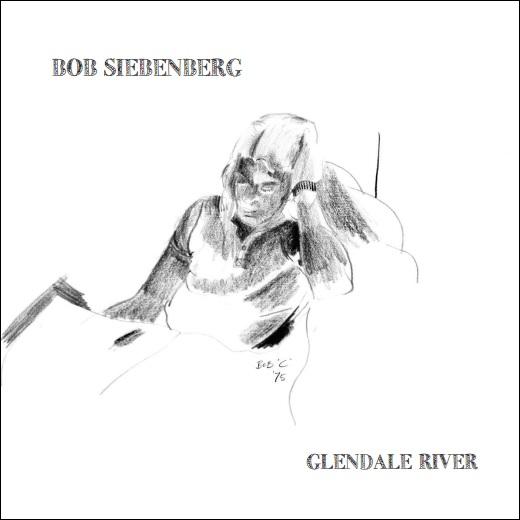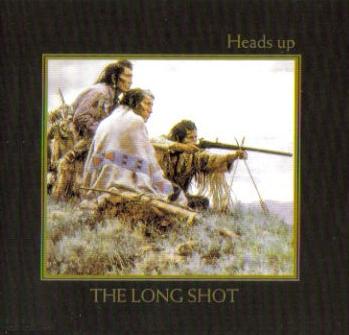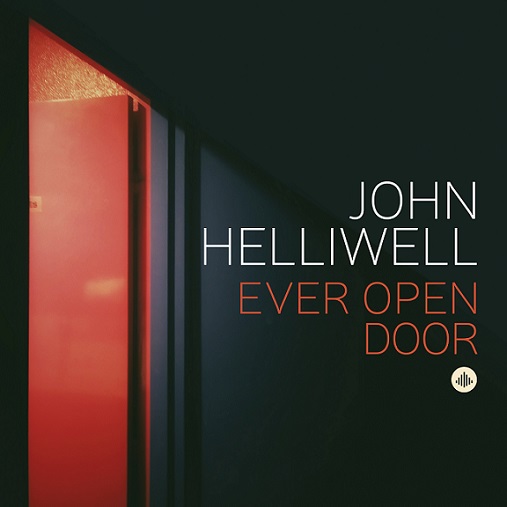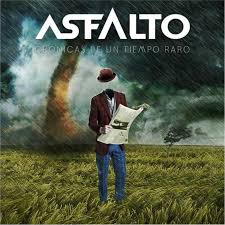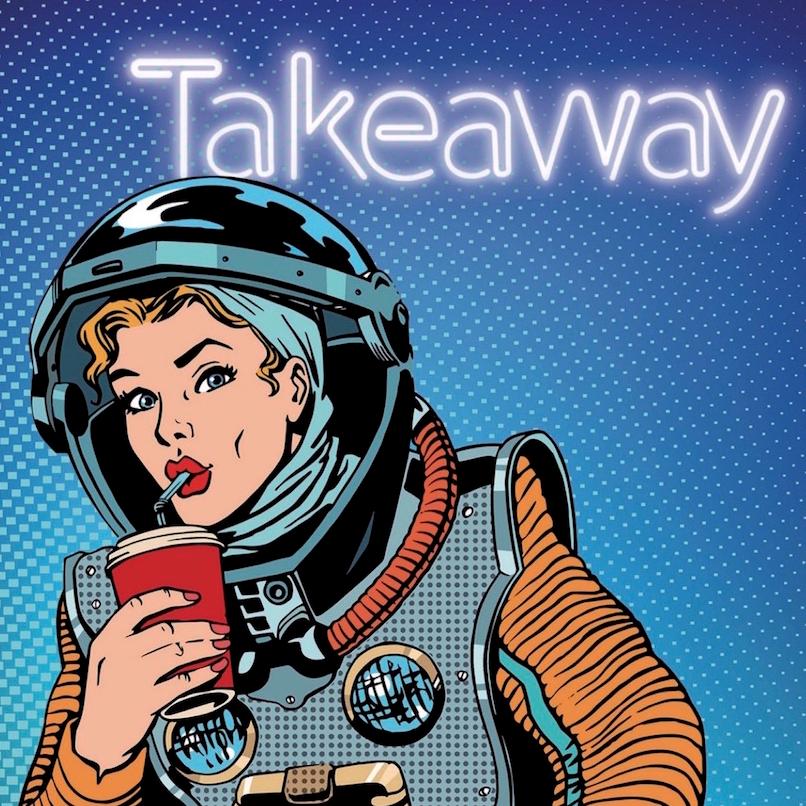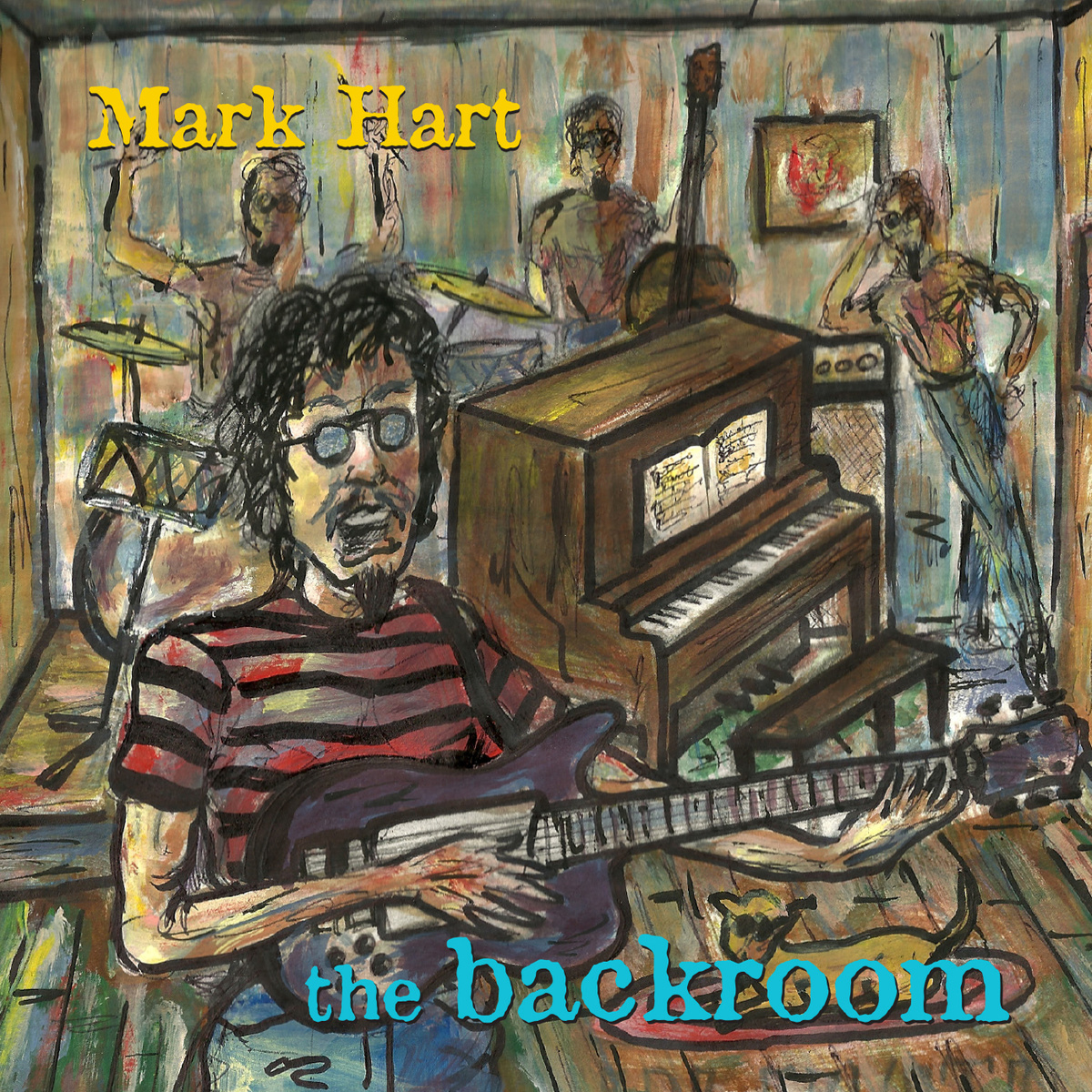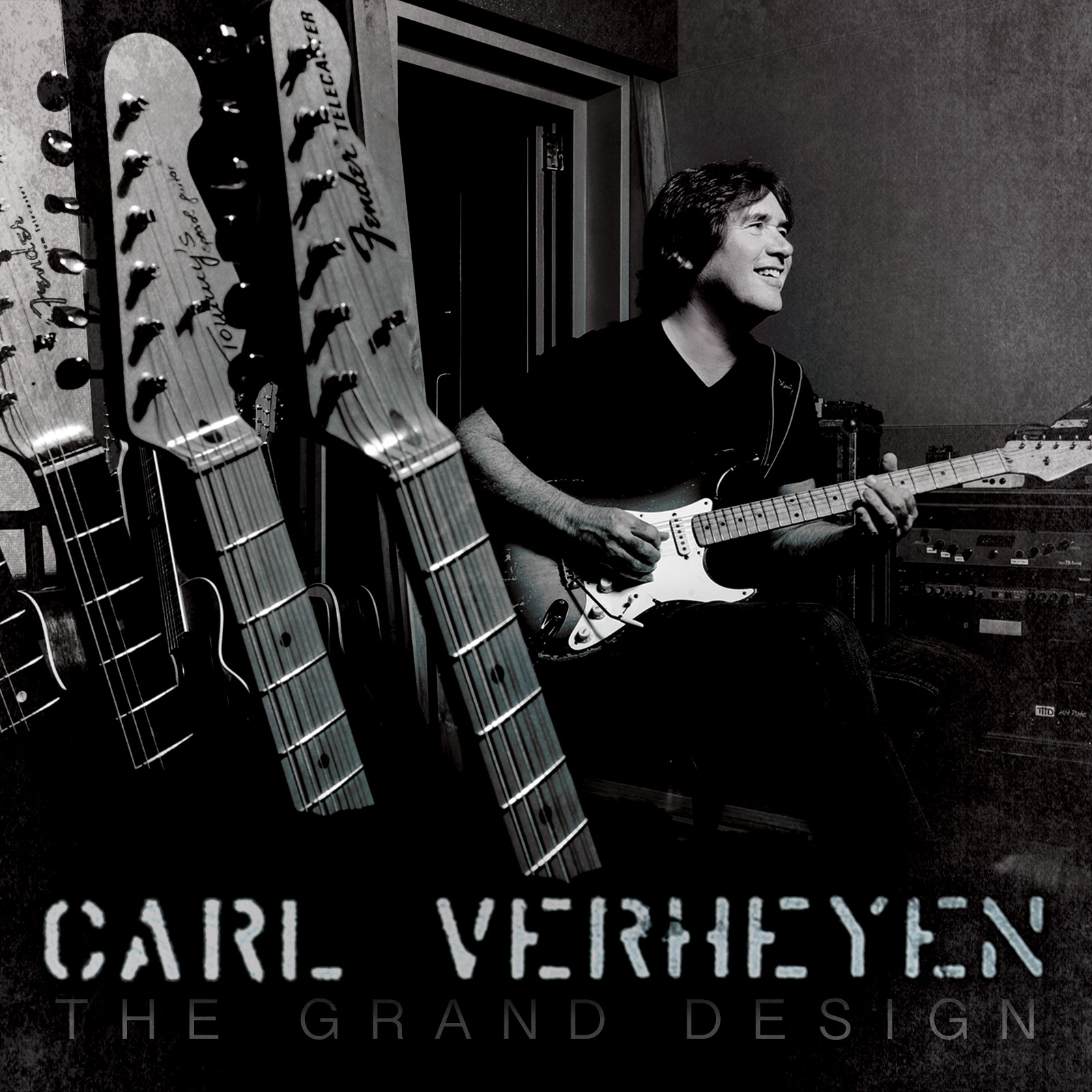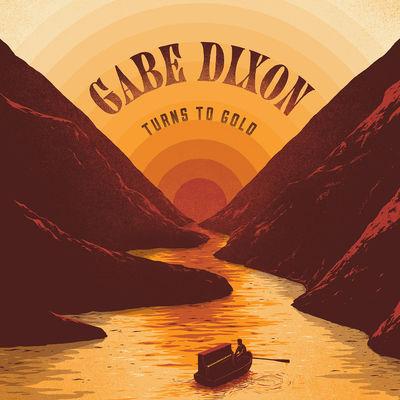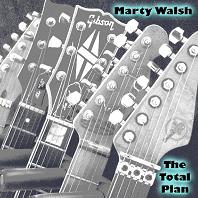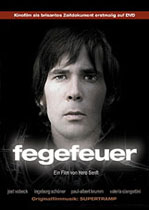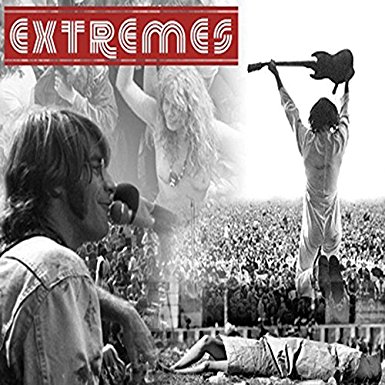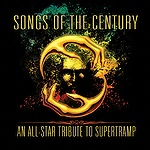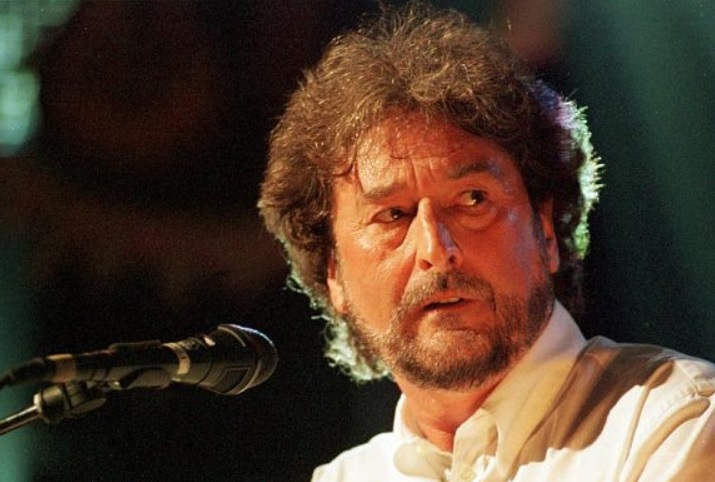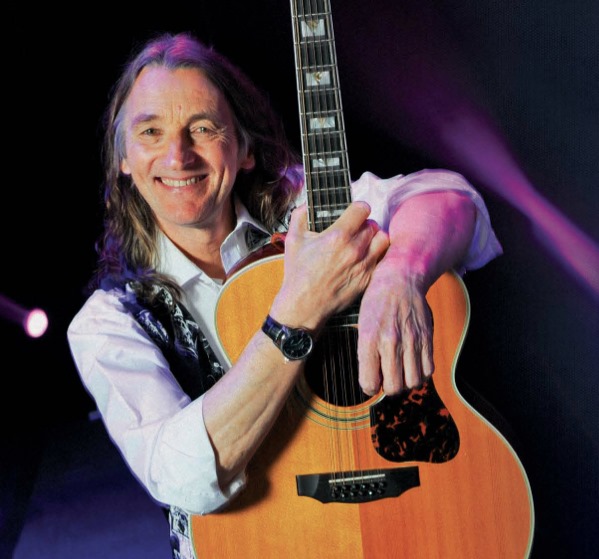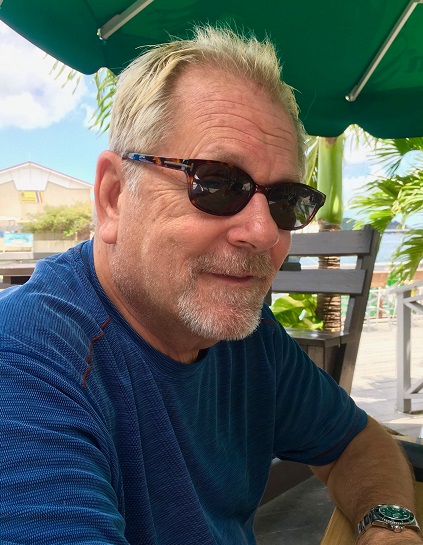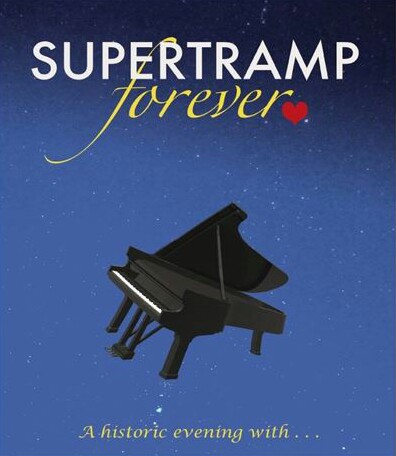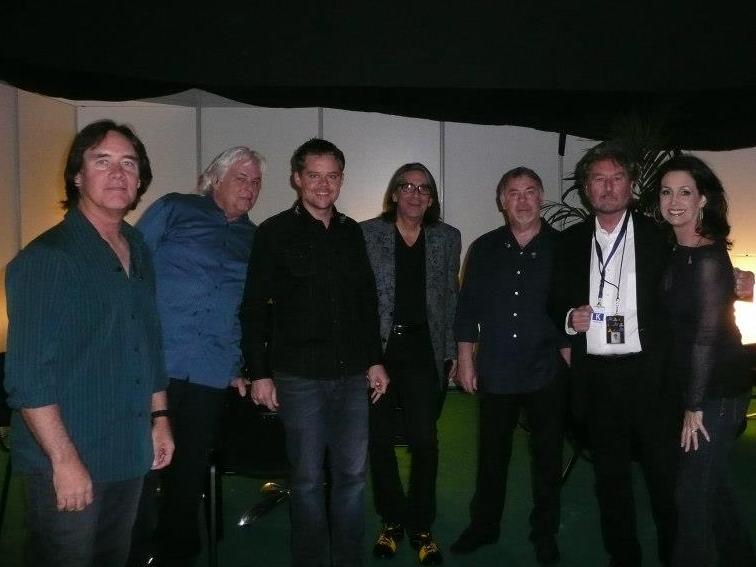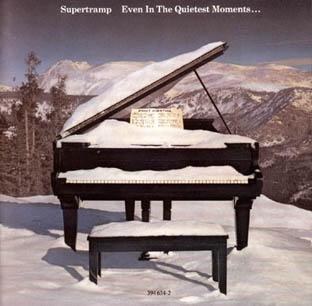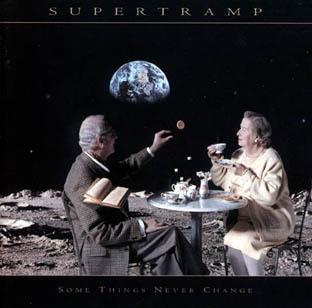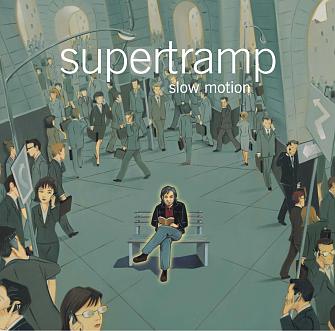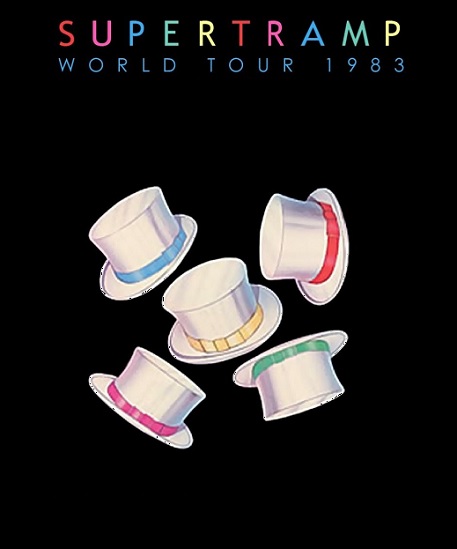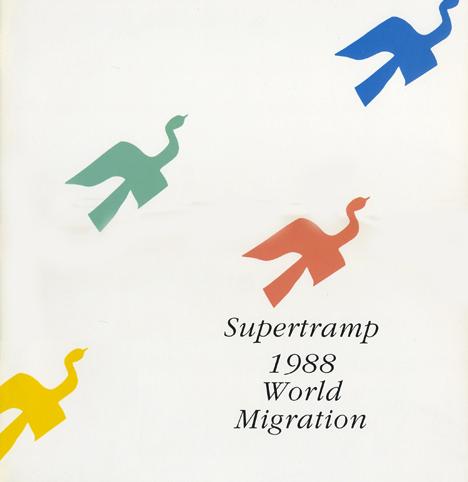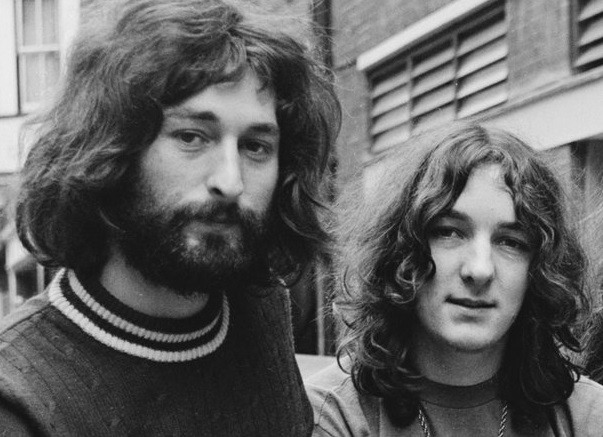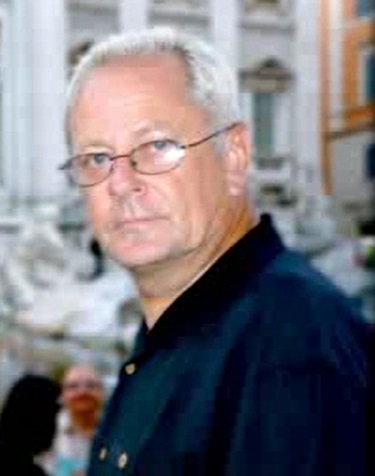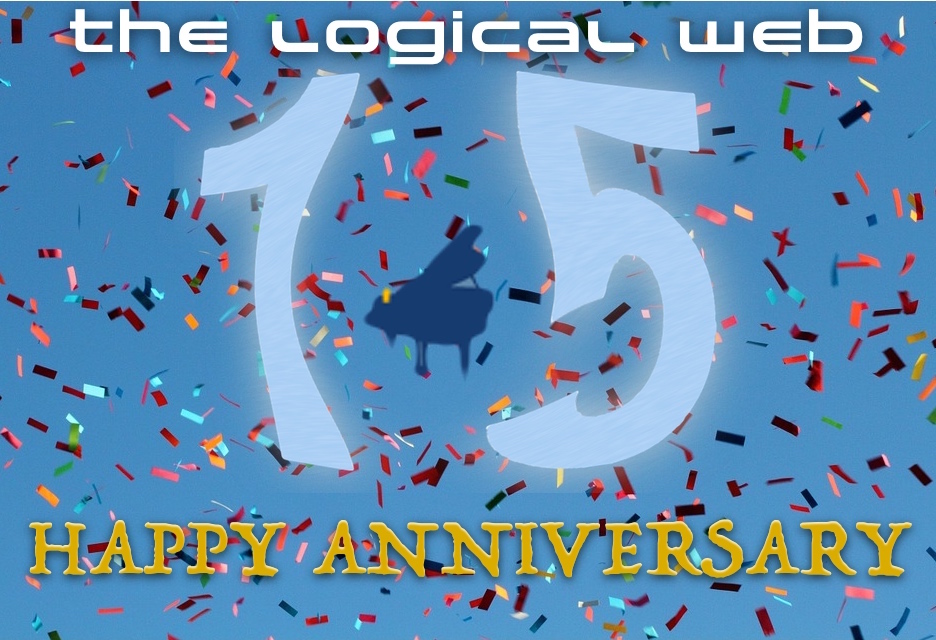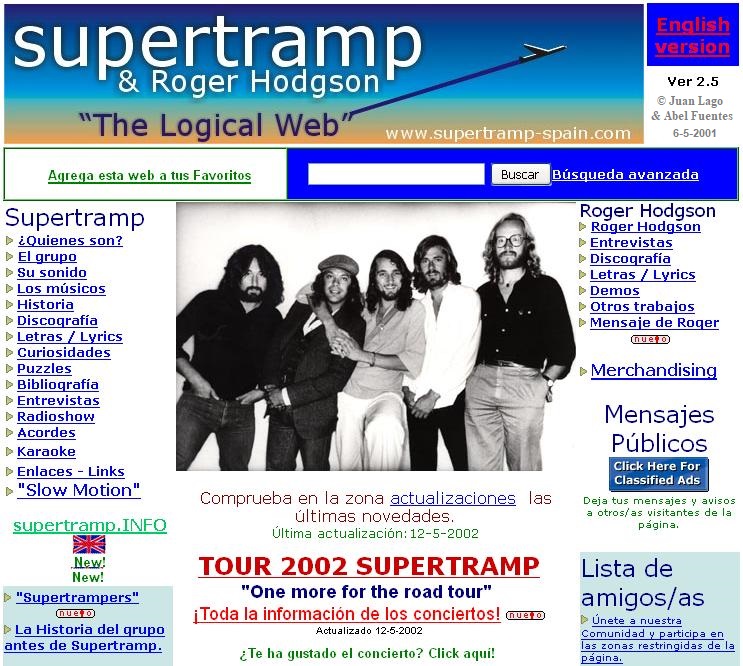Con motivo de la reciente publicación de su nuevo álbum “Don’t Ever Leave Me”, Juan Lago y Abel Fuentes entrevistaron en exclusiva para THE LOGICAL WEB al legendario saxofonista y maestro de ceremonias de Supertramp.
TLW: Acabas de publicar tu nuevo álbum “Don’t Ever Leave Me” junto a tres músicos de ‘jazz’ holandeses... ¿Cómo nació y se desarrolló el proyecto?
JOHN: Conocí a Jasper Somsen en Amsterdam hace tres años durante mis negociaciones con Challenge Records y acordamos grabar un álbum juntos. Estuvimos comunicándonos sobre todo por correo electrónico, pero la grabación se retrasó más de dos años por el brote de coronavirus. Ambos fuimos sugiriendo melodías.
TLW: ¿Por qué la canción que da título al disco aparece cuatro veces (en formato solo, dúo, trío y cuarteto)? ¿Qué destacarías de ese tema que fue compuesto por los músicos estadounidenses Jerome Kern y Oscar Hammerstein en 1929 y popularizado por el pianista de ‘jazz’ Keith Jarrett durante los años 90?
JOHN: “Don't Ever Leave Me” es una melodía hermosa pero muy corta, ya que solo tiene 16 compases. Se me ocurrió la idea de comenzar y terminar cada cara de nuestro LP en vinilo con diferentes versiones de la canción para ‘enmarcar’ la música.
TLW: ¿Qué porcentaje de responsabilidad tienes en los arreglos del disco? ¿Son tuyos y del contrabajista Jasper Somsen a partes iguales?
JOHN: Ambos compartimos los arreglos. Luego, ya en el estudio de grabación, estos sufrieron nuevos cambios en función de cómo nos sentíamos todos en ese momento.
TLW: Tardaste un montón de años en publicar tu primer disco en solitario, “Creme Anglaise”, y ahora has sacado “Ever Open Door” y “Don’t Ever Leave Me” en apenas trece meses... ¿Le has cogido el gusto a grabar cosas por tu cuenta?
JOHN: Tengo bastante libertad para ser creativo y, a pesar del coronavirus, no he dejado de hacer música. Y espero seguir haciendo más.
TLW: Este nuevo álbum va a ser también publicado en una edición de vinilo... ¿Tienes previsto editar tus dos discos en solitario anteriores en ese formato?
JOHN: No hay planes para que “Creme Anglaise” o “Ever Open Door” sean lanzados en vinilo. Existe otro álbum de Paul Wertico/John Helliwell Project llamado “The Bari Session” que fue publicado hace aproximadamente un año en forma de CD y vinilo. Se trata de una sesión que se grabó ‘en directo’ en el estudio durante una gira que hice por Italia junto al batería Paul Wertico, con Raimondo Meli Lupi a la guitarra y Gianmarco Scaglia al bajo.
TLW: ¿Por qué incluiste “Lullaby For Channing” de Mark Hart y la canción tradicional “Waly Waly” tanto en tu primer álbum como en el segundo? ¿Qué tienen de especial esas dos piezas para ti?
JOHN: Soy un amante de las melodías hermosas. Pensé que ambas canciones, aunque ya las había grabado, sonarían muy bien con el cuarteto de cuerda.
TLW: En tu primer álbum publicaste un tema llamado “When I Was Young” y en el segundo otro con el nombre de “It Seemed That Life Was So Wonderful”, cuyos títulos encadenados forman el primer verso de “The Logical Song”... ¿Existe algún tipo de conexión entre ambos temas o con ese gran éxito de Supertramp?
JOHN: La única conexión son esas frases. Compuse “It Seemed That Life Was So Wonderful” y le puse ese título porque, en aquel momento, tenía previsto grabar la canción “When I was Young” (que es de Arthur Lea) y convertirla en el título del álbum. Sin embargo, finalmente fue eliminada de la lista de grabaciones.
TLW: ¿Cuál ha sido el motivo para incluir hasta cinco canciones de Supertramp (“If Everyone Was Listening”, “Ever Open Door”, “Two of Us”, “You Started Laughing” y “Just a Normal Day”) en tus dos últimos discos? ¿Por qué elegiste precisamente esas? ¿Han escuchado Rick Davies o Roger Hodgson esas versiones y te han dado su opinión al respecto?
JOHN: Pensé que “If Everyone Was Listening” y “Ever Open Door” eran idóneas para interpretarlas con el cuarteto de cuerdas. Con las otras tres canciones llegué a la conclusión de que tocarlas con el cuarteto de ‘jazz’ podría conducir a algo creativo. No he recibido ningún comentario de Rick ni de Roger respecto a mis versiones de sus canciones.
TLW: Las versiones de los clásicos de Supertramp que interpretas con The Super Big Tramp Band suenan realmente bien... ¿Qué pasó con el disco que estabas grabando con ese tipo de música? ¿Lo veremos publicado en el futuro?
JOHN: El álbum está terminado y nos encontramos a la espera de recibir el permiso de las editoriales de las canciones para seguir adelante. ¡Hasta ahora nuestra petición ha sido denegada!
TLW: Al contrario que la mayoría de tus compañeros en la formación clásica de Supertramp, que ya están prácticamente retirados, tú eres un músico incansable... ¿Cómo afectó la pandemia mundial a tu trabajo? ¿En qué otros proyectos tienes previsto participar próximamente?
JOHN: He estado tocando con los Soulmates de Leslie Mandoki y participando en varios proyectos de Alan Simon. También he hecho algunas sesiones desde mi casa para varios artistas. Los conciertos en vivo se vieron afectados por el brote de coronavirus, pero estoy seguro de que volverán a resurgir en el próximo año. Y he recibido propuestas para tocar en 2023 con el cuarteto holandés y con The Super Big Tramp Band, ¡así que pronto debería haber noticias al respecto!
TLW: Como sabes, el mítico grupo de ‘rock’ español Asfalto se retira de los escenarios, y de hecho tú les enviaste un bonito mensaje de despedida que fue proyectado en el evento con el que lo anunciaron oficialmente... ¿Qué recuerdos guardas de las colaboraciones que hiciste con Asfalto hace unos años? ¿Estarás presente en ese concierto final del próximo 13 de mayo en Madrid?
JOHN: ¡Tocar con Asfalto fue un auténtico placer! ¡Fue algo muy emocionante y potente! Nadie me ha preguntado todavía por lo del concierto de mayo...
TLW: ¿Tienes noticias recientes sobre la salud de Rick Davies? ¿Has visto alguno de los vídeos que se han difundido del concierto que dio en Long Island el pasado mes de junio? ¿Qué opinión te merecen?
JOHN: Aparentemente Rick está bien de salud. He visto los vídeos de su actuación en The Stephen Talkhouse y parece un poco improvisada, pero eso está bien para un concierto relajado en un club. ¡Da la impresión de que todos se lo estaban pasando muy bien!
TLW: Como buen aficionado al fútbol que eres, debes estar expectante respecto al Mundial 2022, que acaba de empezar... ¿Crees que Inglaterra hará un buen papel? ¿Qué selección te parece la favorita para ser campeona?
JOHN: Inglaterra debería hacerlo bien. Tal vez Argentina o Portugal ganen el campeonato.
TLW: Otra pregunta sobre fútbol... ¿Cómo ves la temporada que está haciendo tu equipo, el Manchester City? ¿Crees que este año conseguirá ganar por fin la Champions League, de lo que ha estado cerca en los últimos años?
JOHN: ¡Si el Manchester City pudiera jugar el Mundial, seguramente lo ganaría! Sí, debería ganar la Champions League. De momento estamos peleando con el Arsenal en la Liga Inglesa.
TLW: Después de haber vivido casi toda tu vida bajo el reinado de Isabel II, ¿cómo has recibido el reciente relevo en el trono de Inglaterra? ¿Qué esperas de Carlos III como rey?
JOHN: Creo que Carlos III será un rey estable y preocupado a nivel ecológico. Lo último que me dijo en 1986, cuando le conté que además de tocar el saxofón también era el maestro de ceremonias en los conciertos de Supertramp, fue: “¡Bueno, espero que seas divertido!”.
TLW: Habiendo sido una parte muy importante de la historia de Supertramp, ¿qué opinión te merece el libro “Huellas de Vagabundo”? ¿Tienes el ‘feedback’ de otros miembros del grupo que lo hayan leído?
JOHN: Sé que a Bob Siebenberg le gusta el libro. No conozco la opinión de los demás. Creo que es un libro muy interesante y bien documentado.
TLW: ¿Cuándo has disfrutado más, cuando estabas en un grupo de éxito masivo y por tanto obligado a una serie de exigencias y compromisos, o en tus últimos proyectos, más pequeños pero con mucha más vía libre para ti?
JOHN: Los momentos más emocionantes tuvieron lugar en los conciertos de Supertramp con aforos enormes y totalmente entregados. A nivel musical, los más satisfactorios fueron los dos últimos discos que grabé, “Ever Open Door” y “Don't Ever Leave Me”, porque me permitieron tocar en un entorno muy creativo.
TLW: En algunas entrevistas dijiste que sabíais que el Supertramp post-1983 ya no volvería a tener tanto éxito... ¿Nunca se planteó entonces una conjura (incluidas convivencias de la banda a solas) para grabar un álbum de gran éxito, como hicisteis con “Crime of the Century”, “Even in the Quietest Moments” o “Breakfast in America”?
JOHN: Yo sabía que probablemente no venderíamos tantos discos como con “Breakfast in America”, pero el ‘éxito’ también se puede referir a la música. En ese sentido, creo que “Brother Where You Bound” fue un éxito.
TLW: ¿Sientes que los años 60 y 70 fueron la época dorada del ‘pop-rock’?
JOHN: Sí, en los años 60 el ‘pop-rock’ se liberó y en los 70 floreció. Desde la década de los 80 en adelante se rompió en pedazos, más aún hoy en día.
TLW: ¿Cómo se siente uno cada mañana sabiendo que dentro de cien años su música seguirá siendo escuchada e incluso estudiada?
JOHN: Me siento muy orgulloso de haber estado asociado con la música de Supertramp.
TLW: Atendiendo a tantos casos del pasado... ¿Es realmente imposible seguir siendo amigos o incluso compañeros en una banda de ‘rock’ que tenga un éxito masivo?
JOHN: El éxito acarrea problemas no previstos que pueden ser difíciles de manejar. Pero no es imposible ser amigos.
TLW: Nick Mason, de Pink Floyd, dice en su biografía que a Scott Page tenían que atarle para que no invadiera el escenario... ¿Era tan ‘explosivo’ en Supertramp? ¿Teníais que frenarle esos soplidos atronadores que, sin embargo, hicieron las delicias con los Floyd?
JOHN: ¡Con nosotros Scott era un artista bastante inestable, y de vez en cuando teníamos que refrenar esas excentricidades demasiado entusiastas que tenía!
TLW: Una pregunta para ponerte en un aprieto... Por favor, no reflexiones, contesta de inmediato, en menos de un segundo, y lo que te salga de dentro, sin atender a ningún criterio: ¿Rick o Roger?
JOHN: Rick.
TLW: Siempre has sido una persona a la que le gusta disfrutar de las cosas buenas de la vida, en su justa medida, y sin embargo vives en la lluviosa Manchester... ¿Nunca te has sentido tentado de residir en Ibiza o algunas de las Islas Canarias, como Mike OIdfield, Rick Wakeman, Chris Squire y otros muchos músicos?
JOHN: Nos gusta vivir en algún lugar ‘real’. Probamos con California durante diecisiete años, pero preferimos el Reino Unido.
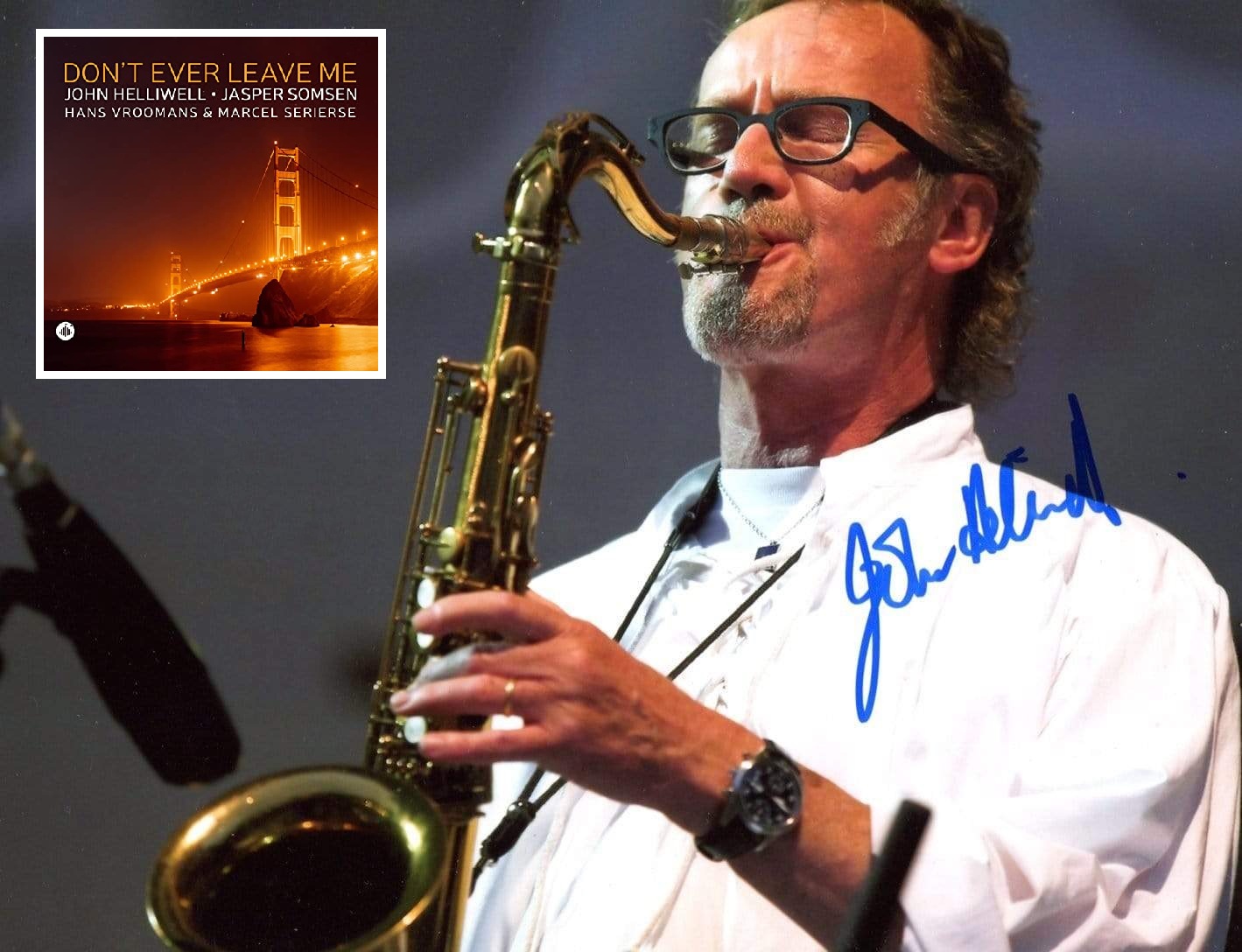
John y su nuevo disco “Don’t Ever Leave Me”.
On the occasion of the recent release of his new album “Don’t Ever Leave Me”, Juan Lago and Abel Fuentes interviewed for THE LOGICAL WEB Supertramp's legendary saxophonist and master of ceremonies.
TLW: You have just released your new album “Don’t Ever Leave Me” together with three Dutch jazz musicians... How was the project born and developed?
JOHN: I met Jasper Somsen in Amsterdam three years ago during my negotiations with Challenge Records and we agreed to make an album. We communicated mostly by email and the recording was delayed for over two years by the covid outbreak. We both suggested tunes.
TLW: Why does the song that gives the album its title appear four times (solo, duet, trio and quartet)? What would you highlight about this song, which was written by American musicians Jerome Kern and Oscar Hammerstein in 1929 and popularised by jazz pianist Keith Jarrett in the 1990s?
JOHN: “Don’t Ever Leave Me” is a beautiful tune but very short (16 bars). I had an idea to start and finish each side of our LP (vinyl) with different versions of it so as to create ‘book-ends’ for our music.
TLW: What percentage of responsibility do you have in the arrangements of the songs? Are they yours and double bassist Jasper Somsen's in equal parts?
JOHN: We shared the arrangements, which later, in the recording studio, underwent further changes according to how we all felt.
TLW: It took you a lot of years to release your first solo album, “Creme Anglaise”, and now you have released “Ever Open Door” and “Don't Ever Leave Me” in just thirteen months... Are you enjoying more recording things on your own?
JOHN: I am quite free to be creative and despite covid I have been making music. I hope to do more.
TLW: This new album will also be released in a vinyl edition... Do you plan to release your two previous solo albums in that format too?
JOHN: There are no plans for “Crème Anglaise” or “Ever Open Door” to be released in vinyl. There is an album of mine released about a year ago in CD and vinyl forms called “The Bari Session” by The Paul Wertico/John Helliwell Project. This is a ‘live’ in the studio session made during an Italian tour with drummer Paul Wertico along with Raimondo Meli Lupi (guitar) and Gianmarco Scaglia (bass)
TLW: Why did you include Mark Hart's “Lullaby For Channing” and the traditional song “Waly Waly” on both your first and second albums? What is special about these two pieces for you?
JOHN: I am a lover of beautiful tunes. I thought that both, although already recorded, would sound good with the string quartet.
TLW: On your first album you released a song called “When I Was Young” and on your second album another one called “It Seemed That Life Was So Wonderful”, whose linked titles form the first verse of “The Logical Song”... Is there any kind of connection between both songs or with that Supertramp hit?
JOHN: The connection is only with the words. I wrote “It Seemed That Life Was So Wonderful” and gave it that title because, at the time, I was going to record “When I was Young” (by Arthur Lea) and make it the title of the album, but somehow we dropped it from the recording list.
TLW: What was the reason for using five Supertramp songs (“If Everyone Was Listening”, “Ever Open Door”, “Two of Us”, “You Started Laughing” and “Just a Normal Day”) in your last two records? Why did you choose those ones? Did Rick Davies or Roger Hodgson listen to those versions and give their feedback to you?
JOHN: I thought that “Ever Open Door” and “If Everyone Was Listening” would be suitable for my playing with the string quartet. With the other three tunes I thought that the jazz quartet format could lead to something creative. I have had no comments from either Rick or Roger on my versions of their songs.
TLW: The versions of the Supertramp classics that you use to perform with The Super Big Tramp Band sound really good... What happened to the album you were recording with that kind of music? Will it see the light of day in the future?
JOHN: The album is finished, and we are waiting for permission from the songs’ publishers to go ahead — so far our request has been denied!
TLW: Unlike most of your colleagues in the classic Supertramp line-up, who are practically retired, you are a tireless musician... How did the global pandemic affect your work? What other projects do you plan to work on shortly?
JOHN: I have been playing with Leslie Mandoki’s Soulmates and with various Alan Simon projects. I do sessions at home for various people. The live gigs were affected by the covid outbreak but they will pick up in the next year I’m sure. I have enquiries about the Dutch quartet and The Super Big Tramp Band for 2023 — so look out!
TLW: As you know, the legendary Spanish rock group Asfalto is retiring, and in fact you sent them a nice farewell video message that was broadcast at the event with which they officially announced it... What memories do you have of your collaborations with Asfalto a few years ago? Will you be present at that last concert in Madrid on May 13?
JOHN: Playing with Asfalto was a real pleasure! It was exciting and LOUD! I have not been asked about the May concert...
TLW: Do you have any recent news on Rick Davies’ health? Have you seen any of the videos that have been spread of the concert he performed on Long Island in June? What is your opinion about them?
JOHN: Rick looks in good health. I’ve seen the videos of his gig at The Stephen Talkhouse — it’s a bit rough and ready, but that’s good for a casual club gig. It looks like they all were having a good time!
TLW: As a great football fan, you should be looking forward to the 2022 World Cup, that has just started... Do you think England will succeed? What national team do you think will be the champion?
JOHN: England should do well — maybe Argentina or Portugal could win.
TLW: Another football question... How is your team Manchester City doing this season? Do you think that this time they will finally manage to win the Champions League, after they almost did it in the last few years?
JOHN: If Manchester City could play in the World Cup, they would surely win it! They should win the Champions League. We’re struggling with Arsenal in the Premiership at the moment.
TLW: After living almost all your life under the reign of Elizabeth II, how did you receive the recent replacement on the throne of England? What do you expect from Charles III as King?
JOHN: I think that King Charles III will be steady and ecologically concerned. The last thing he said to me in 1986, when I mentioned that, as well as playing the saxophone, I was also the MC of the Supertramp concert was — “Well I hope you’re going to be funny”.
TLW: Having been a very important part of the history of Supertramp, what is your opinion of the book “Tramp’s Footprints”? Do you have any feedback from other members of the band who have read the book?
JOHN: Bob Siebenberg likes it. I don’t know about the others. I think that it is a very well researched and interesting book.
TLW: When have you enjoyed the most, when you were in a massively successful group and therefore forced to a series of demands and commitments, or in your latest projects, smaller but with much more free rein for you?
JOHN: The most exciting times were with large and enthusiastic crowds at Supertramp concerts. The most satisfying, musically, are the last two albums I have recorded — “Ever Open Door” and “Don’t Ever Leave Me” — because I am able to play in a very creative environment.
TLW: In some interviews you said that you knew that the post-1983 Supertramp would no longer be as successful as before... Was there ever a kind of approach (including band members living together) to make a hugely successful album, as you did with “Crime of the Century”, “Even in the Quietest Moments” and “Breakfast in America”?
JOHN: I knew that we probably would not sell as many recordings as “Breakfast in America” but ‘success’ can also apply to the music — I think that “Brother Where You Bound” is successful.
TLW: Do you think that the 1960s and 1970s era was the golden age of pop-rock?
JOHN: Yes, in the 1960s pop-rock broke free and in the 1970s it flowered. In the 1980s and beyond it fragmented — more so nowadays.
TLW: How do you feel when you get up every morning knowing that in a hundred years your music will still be heard and even studied?
JOHN: I feel very proud that I have been associated with Supertramp’s music.
TLW: Looking at so many cases from the past... Is it really impossible to remain friends or even partners in a massively successful rock band?
JOHN: Success brings problems not envisaged that can be hard to deal with. It’s not impossible to be friends.
TLW: Nick Mason, from Pink Floyd, says in his biography that Scott Page had to be tied down so he wouldn't invade the stage... Was he that ‘explosive’ in Supertramp? Did you have to stop him from those thunderous blows that, however, delighted the Floyds?
JOHN: Scott was a volatile performer with us, and we had to curb his over-enthusiastic antics occasionally!
TLW: A question to put you in an awkward situation... Please, don’t reflect, answer immediately, in less than a second, and whatever comes out of your mind, without paying attention to any criteria: Rick or Roger?
JOHN: Rick.
TLW: You have always liked to enjoy the good things in life, in their proper measure. However, you live in rainy, cloudy Manchester... Have you ever been tempted to live in Ibiza or any of the Canary Islands, like Mike OIdfield, Rick Wakeman, Chris Squire and many other musicians?
JOHN: We like to be somewhere ‘real’ — we tried California for seventeen years but we prefer the UK.

John and his new record “Don’t Ever Leave Me”.

